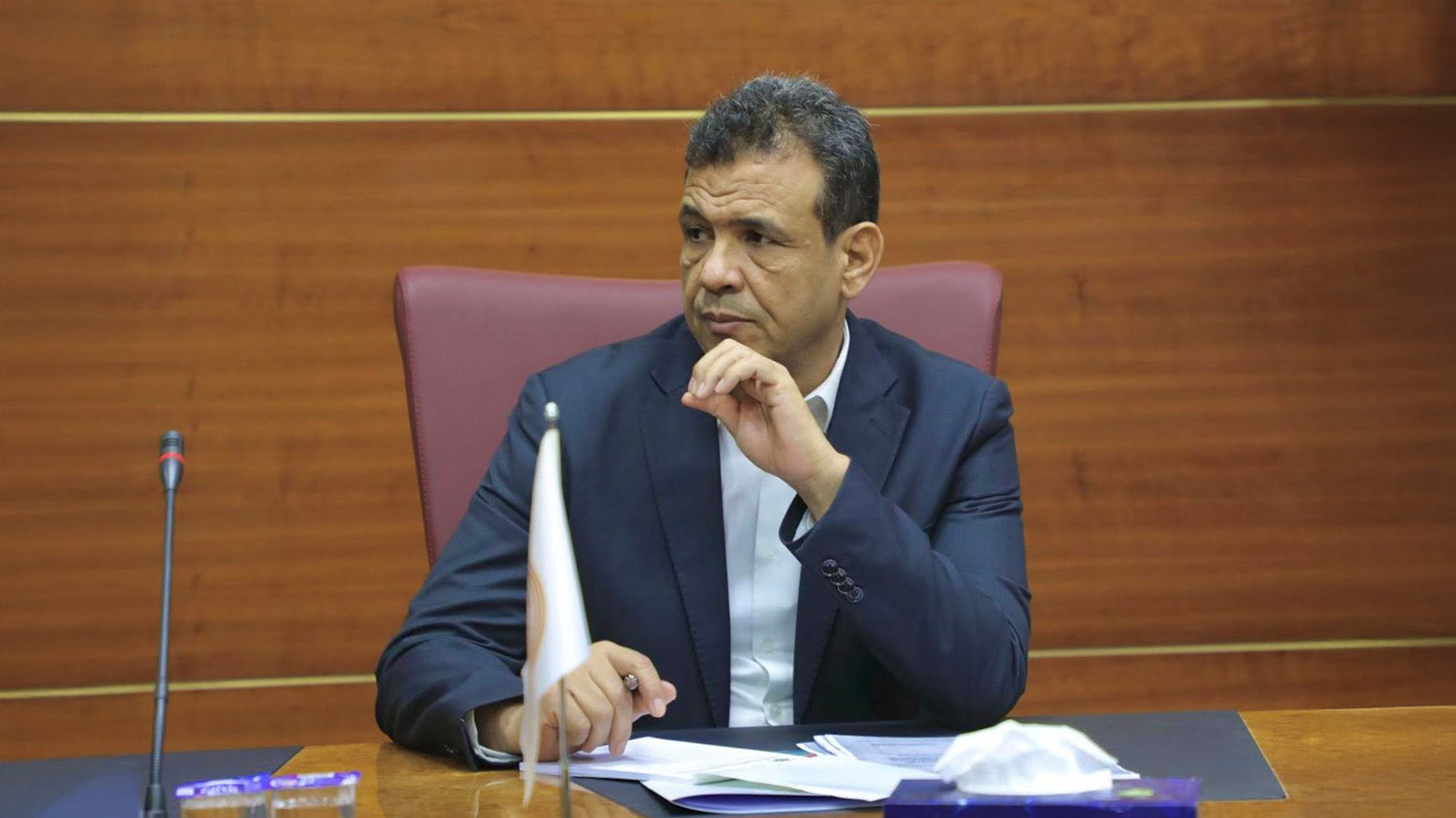Libya Dismisses Officials Over ‘Inferior’ Iraqi Cancer Drugs
Libya’s arrest of officials over Iraqi cancer drug imports highlights deep mistrust of Iraqi-made medicine—even in the Arab world—despite Baghdad touting it as a national achievement. The Libyan Public saw the drugs as 'inferior' in quality and politically driven.

By Kamaran Aziz
ERBIL (Kurdistan24) — Libya’s decision to imprison its Acting Minister of Health and several senior ministry officials over the importation of cancer medicines from Iraq signals a deeper crisis of public trust—one that exposes the poor reputation of Iraqi-produced pharmaceuticals in parts of the Arab world.
On Wednesday, May 7, 2025, Libya’s Public Prosecutor announced the detention of Ramadan Abu Janah, the Minister of Health in the National Unity Government, and other top officials. The arrests were tied to the import of cancer treatment drugs from Iraq without adhering to the country's legal protocols and without the required approval from the National Authority for Cancer Control.
According to Libya’s Attorney General Al-Siddiq Al-Sour, investigations confirmed multiple violations in the procurement contracts, including technical, legal, and financial discrepancies. But beyond the administrative breaches, the incident has sparked a national controversy rooted in the perception of Iraqi-made medications.
The Libya Herald reported that Libyan Prime Minister Abdul Hamid Dbeibeh issued a formal decree (No. 185 of 2025) dismissing Abu Janah and suspending several other officials following the scandal. The report also noted that the sacked minister bypassed Libya’s cancer authority, violating Cabinet Resolution No. 963 of 2022, which mandates pre-approval for all cancer medicine imports.
While Iraq had celebrated its first official export of domestically produced cancer drugs as a national achievement, the reaction in Libya was far from welcoming. As the Libya Herald highlights, Libyan social media erupted with criticism, viewing the import deal as yet another act of political corruption.
Many posts on Libya's social media, the Libya Hearld reported, alleged that officials had opted for cheaper and perceived "inferior" quality Iraqi medicine over internationally respected American and European alternatives.
Despite a press conference by the Libyan Health Ministry attempting to reassure the public that the Iraqi manufacturing facilities had passed international inspections, the damage to public perception had already taken hold.
The backlash underscores a critical gap in trust—not only in local governance but in the reliability and competitiveness of pharmaceuticals emerging from regional producers like Iraq.
The case also touches on broader regional tensions over medical quality standards and procurement practices. While Baghdad moves to expand its pharmaceutical export footprint, incidents like this threaten to undermine its credibility if regulatory and reputational issues are not addressed comprehensively.
Siddiq Sour was unequivocal in his message: “Anyone who tampers with citizens’ health or violates the laws and regulations governing the health sector will face public legal action.” His reaffirmation came during a meeting with Acting Health Minister Mohammed Al-Ghuj, as reported by the Libya Observer. The meeting, held at the Attorney General’s office, focused on recent developments in drug regulation, procurement reforms, and corruption prevention.
According to the same report, Al-Sour confirmed that criminal proceedings would be initiated against all individuals who compromise public health or misappropriate medical resources. Al-Ghuj, in turn, expressed his full cooperation with the Public Prosecution and oversight bodies, pledging institutional reform to restore confidence in the country’s health system.
The Libya Observer also noted that the National Anti-Cancer Authority denied receiving any shipments from Iraq or any other Arab or Asian country. The Health Ministry later acknowledged that the cancer drug shipment had indeed been imported outside the general tender framework, attributing the move to direct requests from cancer centers and oversight by the Administrative Control Authority. Nonetheless, the deviation from official protocols contributed to the storm of controversy that followed.
This scandal, driven as much by procedural failure as by public skepticism, is a stark reminder that medical diplomacy requires more than market ambition. It demands transparency, institutional coordination, and—above all—trust.
